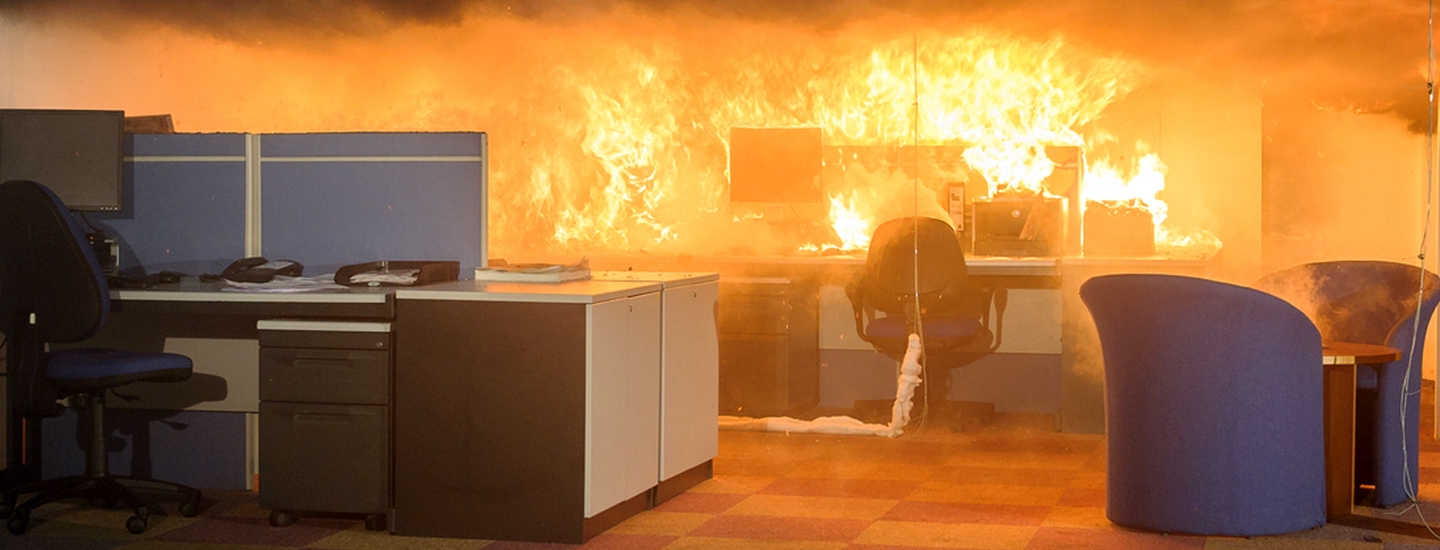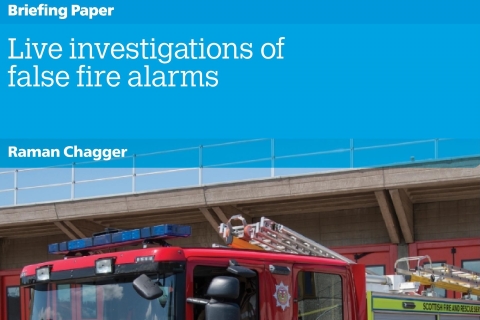Recommendations made as a result of this project can help to significantly reduce the occurrence of false fire alarms.
Estimated losses of around £1 billion a year have been attributed to false alarms resulting in disruption and loss of productivity for businesses. False alarms have the potential to divert fire and rescue services away from real fires, and also reduce the confidence of the general public in fire alarms. Despite this there is no single organisation responsible for investigating false alarms or providing guidance on reducing them.
This research project aimed to identify the fundamental causes of false fire alarms, utilising a fire alarm industry expert to investigate false alarms as they occurred in the field in the greater Glasgow area. A comprehensive online questionnaire containing 124 questions was developed to enable the fire alarm investigator to record all details of the false alarms attended. This form of ‘live’ investigation of false alarms had never previously been attempted. The fire alarm investigator assisted Scottish Fire and Rescue Service crews as they attended live callouts and, following a comprehensive investigation, completed online reports for each false alarm.
Data from his accounts and from 65 false alarm reports, gathered from November 2014 to April 2015, were analysed and 35 recommendations were made. These can significantly reduce false alarm occurrences and contribute to the greater integrity and reliability of fire detection systems.
The recommendations were made across nine different stakeholder groups, ensuring that fire and rescue services, fire risk assessors, business owners, fire alarm contractors, trade associations and others can all play their part in collectively reducing false alarms in the UK.
We kindly request that you not download and circulate this briefing paper, but instead inform your colleagues and others of this URL. That will help us to gauge the level of interest in our publications and enable readers to provide feedback.
If you would like to be kept informed about new related publications and the latest industry news, please register to receive our monthly e-newsletters.
BRE is keen to obtain your views about this publication. We would be grateful if you could spare one minute of your time to give your feedback. Thank you.


